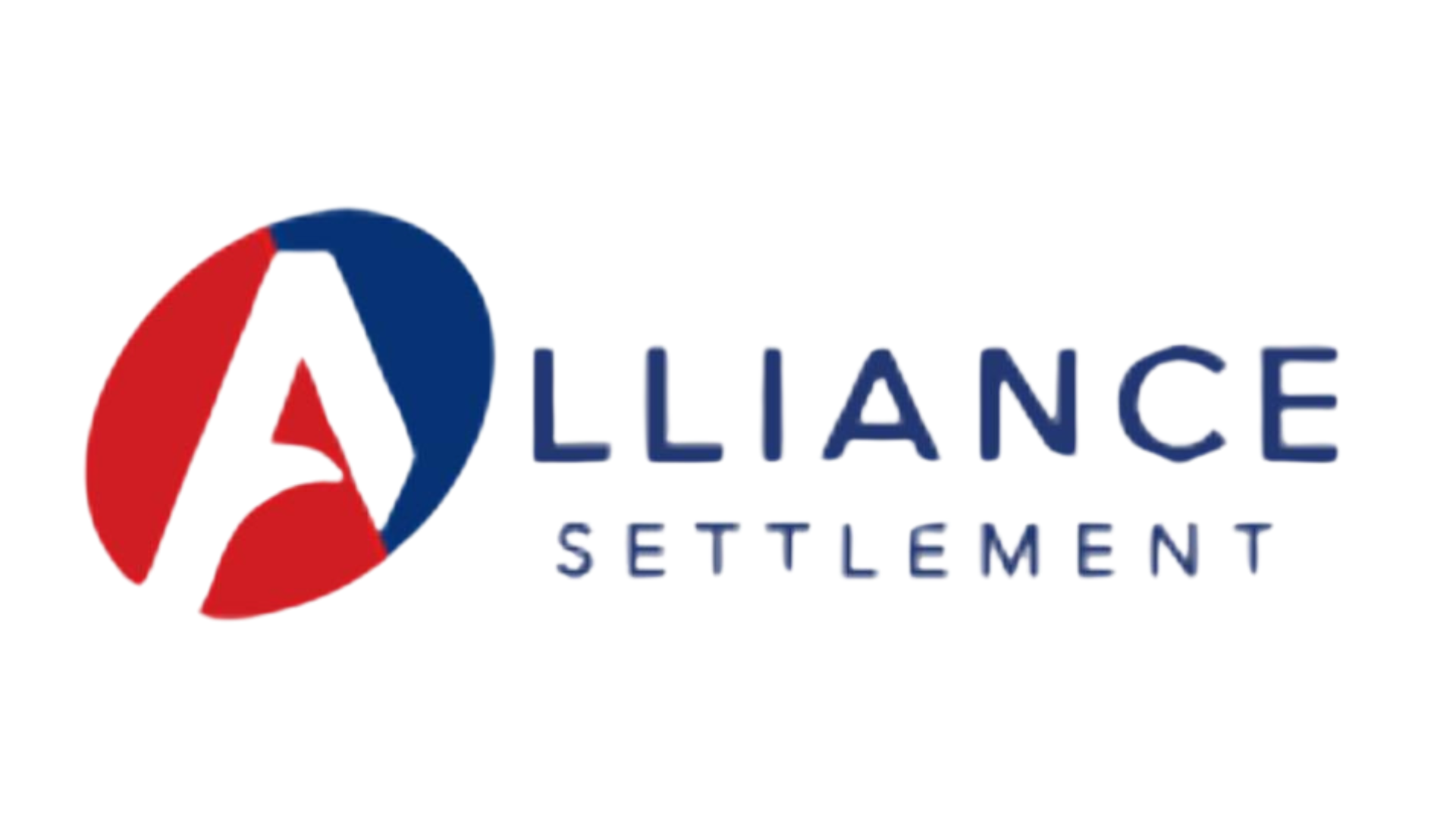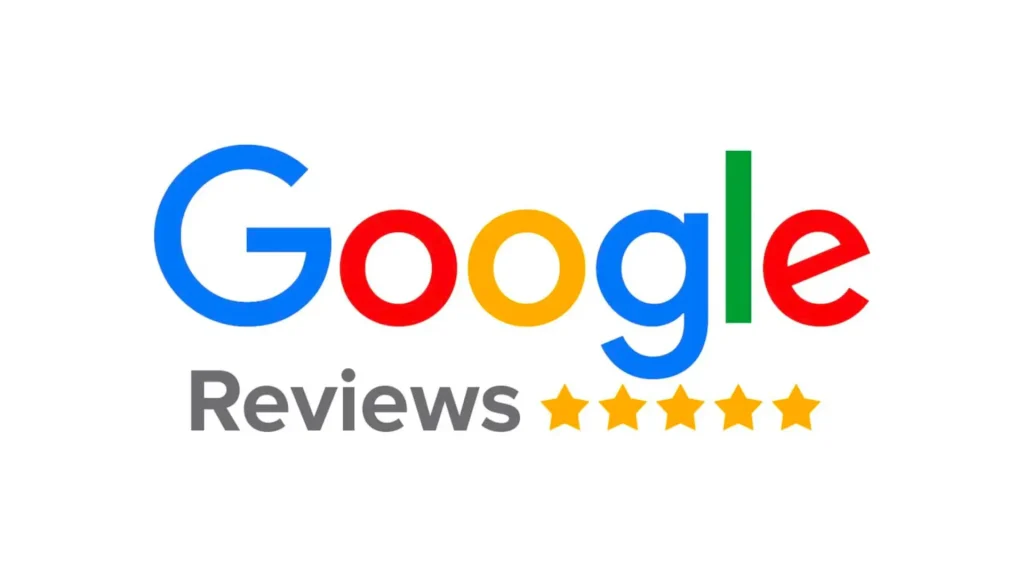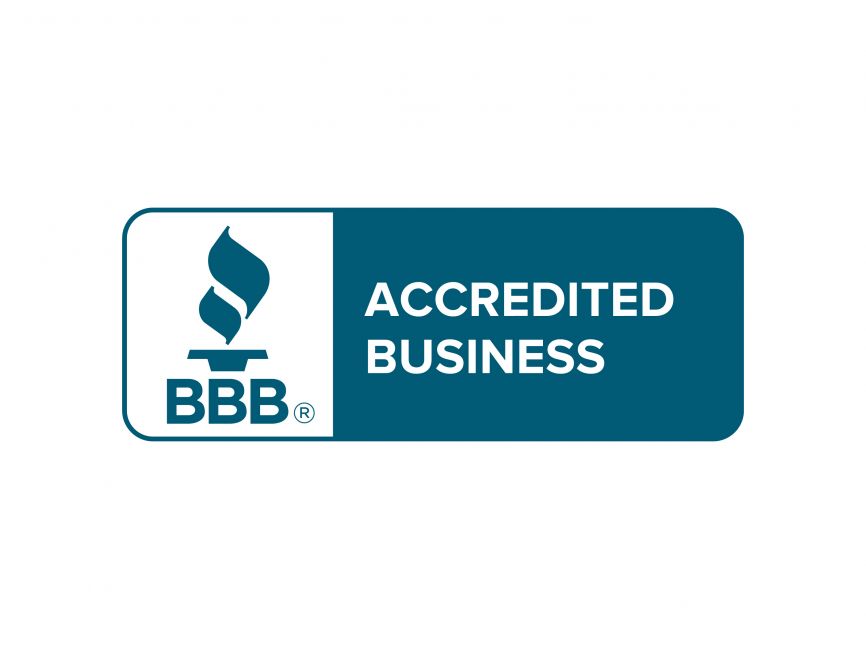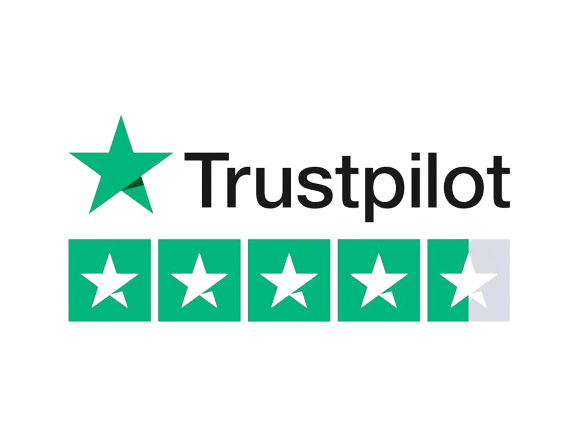When facing overwhelming debt, it’s crucial to understand your options. Two of the most commonly discussed strategies are debt consolidation and debt settlement. While they might sound similar, they work very differently—and the right choice depends on your financial situation.
What is Debt Consolidation?
Debt consolidation involves taking out a new loan to pay off multiple existing debts. The idea is to combine everything into a single monthly payment—usually with a lower interest rate.
- Pros: Simplifies payments, may reduce interest, and keeps accounts current.
- Cons: Requires good credit to qualify, doesn’t reduce the total amount owed.
What is Debt Settlement?
Debt settlement is the process of negotiating with creditors to reduce the total amount owed. Instead of paying off your debts in full, you pay a portion through a lump-sum or structured settlement plan.
- Pros: Reduces total debt amount, no new loan required.
- Cons: Can impact credit score, and not all creditors may agree to settle.
Which One Is Right for You?
If your credit score is strong and you’re able to make consistent payments, consolidation might work well. But if you’re behind on payments and struggling to keep up, settlement could offer a faster, more affordable path to relief.
We’re Here to Help
At Alliance Settlement, we specialize in helping people understand all their options. Our advisors are here to walk you through the pros and cons and help you make the smartest decision for your financial future. Book a free consultation today.










